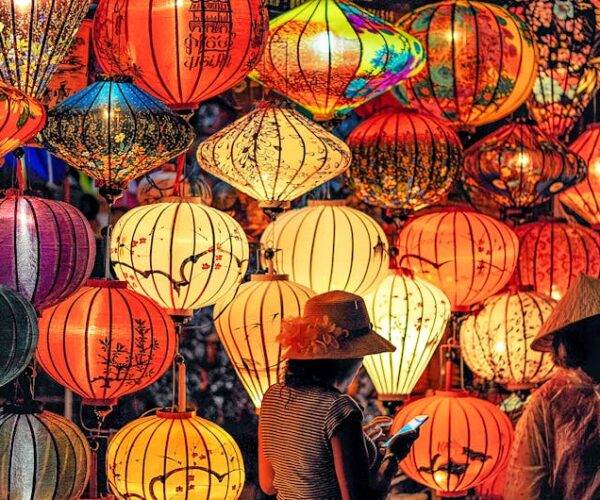National anthems play a significant role in cultural diplomacy, representing a country’s identity and values. In the case of Hong Kong, a Special Administrative Region of the People’s Republic of China, the issue of hong kong anthem takes on a unique significance due to its complex political position and distinct cultural identity.
The national anthem of the People’s Republic of China is the “March of the Volunteers,” also known as the “National Anthem of the People’s Republic of China.” It holds immense cultural and political importance for the Chinese government as a symbol of national unity and pride. However, Hong Kong’s relationship with the hong kong anthem is complex, given its distinct history and status within the “one country, two systems” framework.
Hong Kong’s unique position as a former British colony and its subsequent handover to China in 1997 has resulted in a blend of different cultural influences. The city has its own legal, economic, and political systems, which differ from those of mainland China. This has created a sense of separate identity and cultural distinctiveness among Hong Kong residents.
The “one country, two systems” framework was designed to preserve Hong Kong’s autonomy and allow it to maintain its own way of life, including cultural practices and values. However, tensions have arisen over the years as Hong Kong residents have expressed concerns about encroachment on their autonomy and erosion of their distinct identity.
In 2019, the Hong Kong government proposed a bill that would criminalize disrespecting the Chinese national anthem. This sparked widespread protests and opposition from pro-democracy activists who saw it as an infringement on their freedoms and autonomy. The proposed bill became a symbol of Beijing’s increasing influence on Hong Kong’s governance and its attempt to impose mainland Chinese political values.
The struggle over national anthems in Hong Kong highlights the complexities of cultural diplomacy in the city. While the Chinese national anthem represents the official identity and values of the People’s Republic of China, the unique cultural and political context of Hong Kong creates a tension between the central government’s desire for unity and the local population’s desire to preserve their distinct identity.
Cultural diplomacy aims to foster understanding, dialogue, and cooperation between nations through cultural exchanges and engagement. In the case of Hong Kong, cultural diplomacy can be a means to bridge the divide between the city and the central government, promoting mutual understanding and respect for each other’s cultural values.
However, the challenge lies in finding a balance that respects Hong Kong’s autonomy while recognizing its place within the broader Chinese cultural context. Cultural diplomacy should provide space for Hong Kong’s unique cultural expressions and encourage dialogue that acknowledges and appreciates the diversity within the “one country, two systems” framework.
Efforts to promote cultural diplomacy in Hong Kong could include initiatives that celebrate and support the city’s arts and cultural scene. This could involve government support for local artists, cultural exchange programs, and international collaborations that showcase the creative talents and cultural richness of Hong Kong. Such initiatives would not only help preserve Hong Kong’s unique cultural identity but also foster connections and understanding between Hong Kong and the rest of the world.
Additionally, cultural diplomacy can play a role in promoting dialogue and understanding between different segments of Hong Kong society. By creating platforms for open and respectful discussions on cultural identity, values, and aspirations, cultural diplomacy can help bridge divides and foster a sense of commonality and shared purpose.
In conclusion, national anthems and cultural diplomacy have a unique significance in the context of Hong Kong. The city’s complex political position and distinct cultural identity create challenges and tensions regarding the Chinese national anthem. Cultural diplomacy can serve as a means to promote understanding and dialogue, celebrating Hong Kong’s unique cultural expressions while fostering connections and mutual respect between the city and the central government. By embracing cultural diplomacy, Hong Kong can navigate the complexities of its identity and promote a sense of unity and inclusivity within its diverse society.




